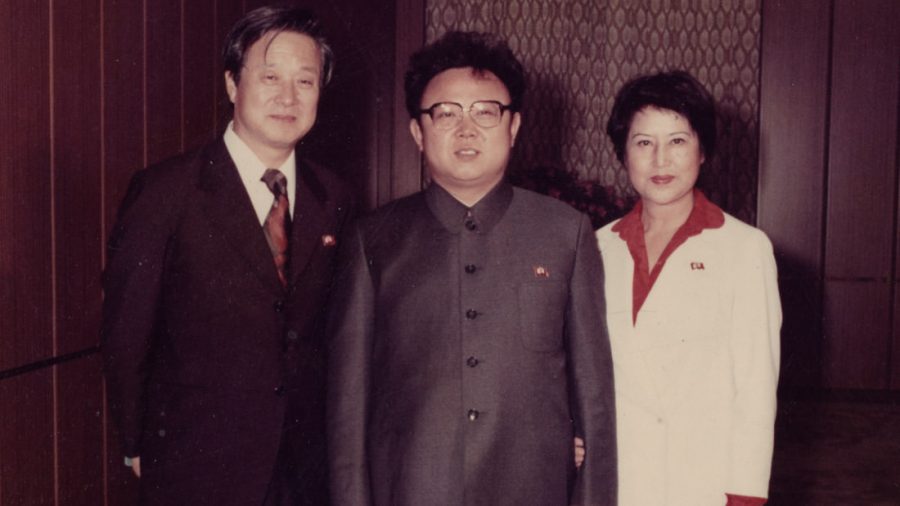@Odeon, Edinburgh Sat 18 Jun and @Cineworld, Edinburgh Mon 20 Jun 2016
As part of Edinburgh International Film Festival
Ross Adam, Robert Cannan / UK / 2016 / 98 mins
It’s a story almost too far-fetched to be true. Jealous of the international renown of a South Korean filmmaker and his actress wife, future North Korean leader Kim Jong-il arranges their kidnap and imprisonment. His aim? To get them to make films for him, that would gain international acclaim and increase his country’s standing on the a World stage.
There is something of the fairy tale in the story of Choi Eun-hee, a celluloid princess snatched from safety at the behest of a monster, and her ex-husband Shin Sang-ok, captured and imprisoned when trying to get her back; albeit a fairy tale written by John le Carré.
Surprisingly, it’s a piece of well-documented cinema folklore that’s never been seen on screen until now.
Documentarians Ross Adam and Robert Cannan gained unprecedented access to Choi and her two children she adopted with Shin, archives of films they made together (in South Korea and North), and, most astoundingly; conversations with the dictator himself Choi surreptitiously recorded with a smuggled dictaphone. What they’ve achieved is an editing masterclass. The narrative is as taut as the best thrillers, and endlessly fascinating both as a depiction of seven years of captivity (albeit fairly luxurious captivity), and a glimpse into a country so sheltered and cut-off from the western World that what information we have is drip-fed. Smartly, as far as they can, Adam and Cannan insert clips of the films Shin and Choi made together during their golden period of the 50s and 60s into their narrative, in such a way that they correspond eerily with the latest twist of the tale.
Although the film is centred around the recollections of Choi, what emerges is a subtext of masculine insecurity and entitlement. Shin was feted in his country until he ran afoul of strict censorship during the 70s. His studio was closed down by the South Korean government. Kim is depicted as a man living in the shadow of his father, Supreme Leader Kim Il-sung. Small of stature, and crushingly aware that his power is inherited, unlike that of his father, he emerges as something of a pitiable figure and he considers an establishment of a North Korean cinema to be his legacy. Shin loves the freedom he has to make his films, and the recordings do not reveal a man broken by his imprisonment. In fact, he was prolific over the seven years he and Choi spent north of the 38th Parallel.
There is still huge controversy about this case in South Korea. Many believe that Shin simply defected, and the circumstances are somewhat ambiguous, even if the filmmakers never appear to be manipulating the audience towards any conclusion. It may be that the kidnappings just happened to take place at a time of a career low for Shin, or it may be that the story of the kidnappings was concocted to combat any charges of treason upon their return. Cleverly, Adam and Cannan leave it entirely up to us.


Comments